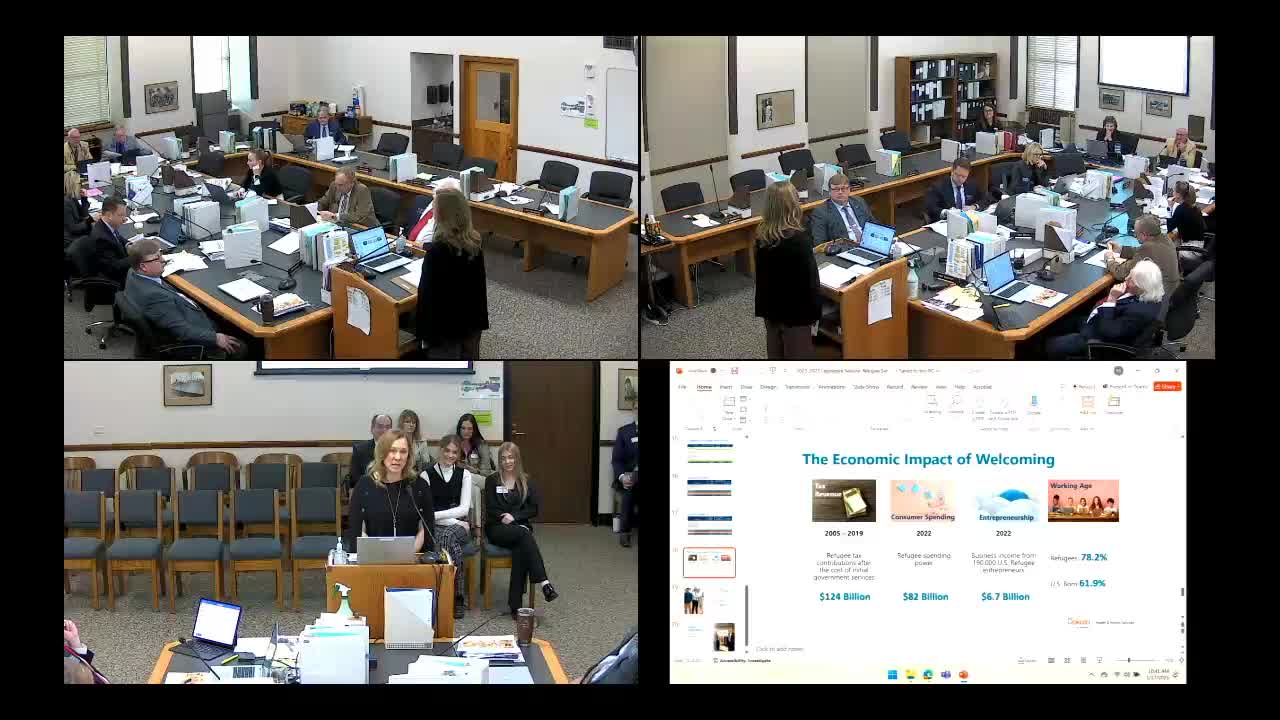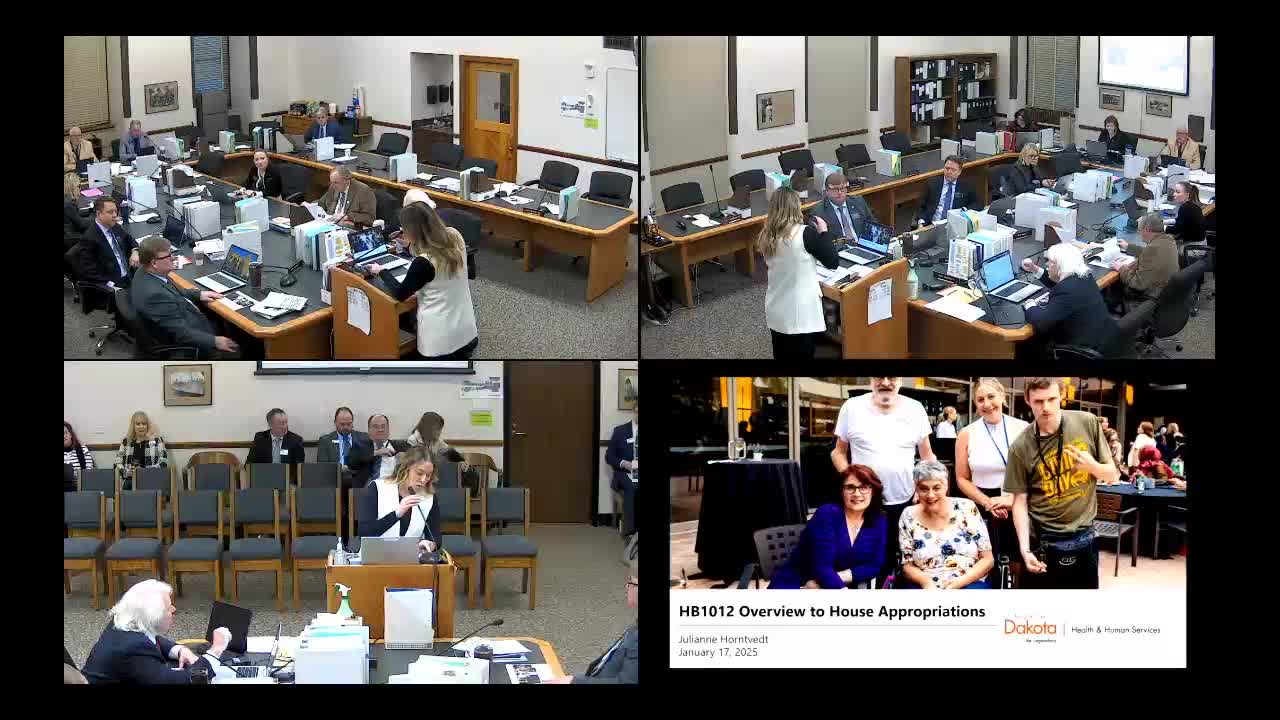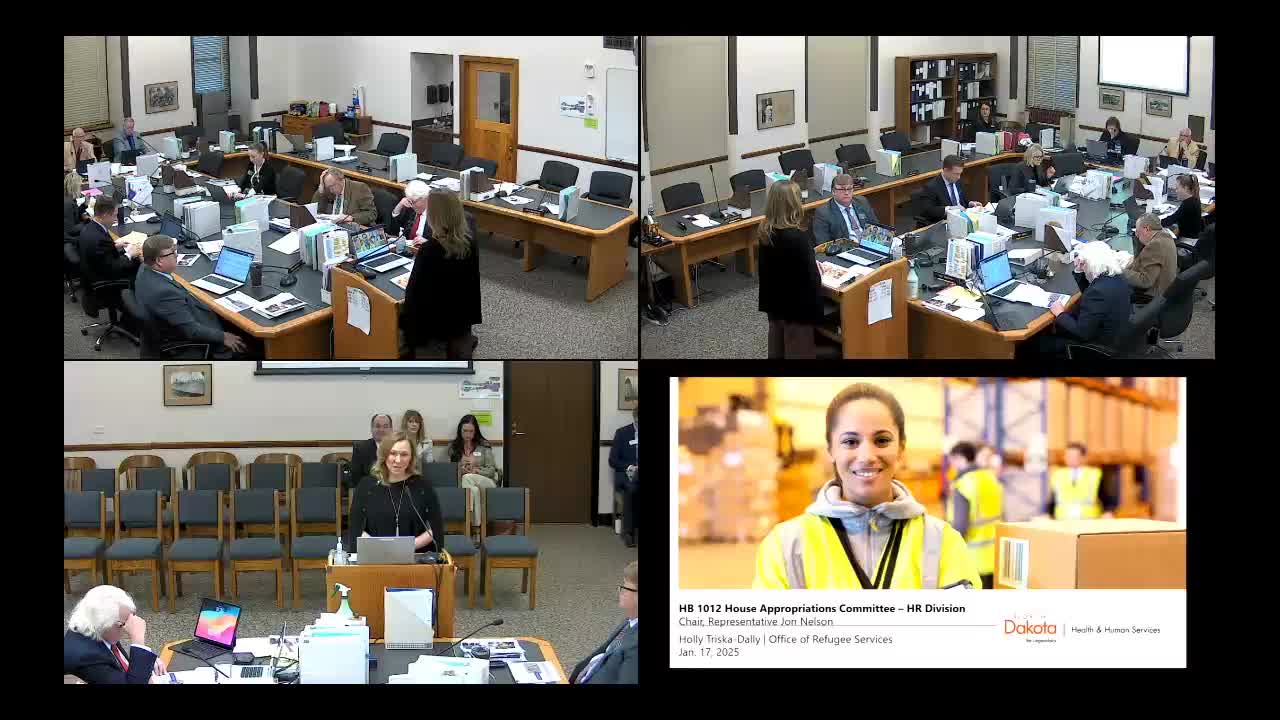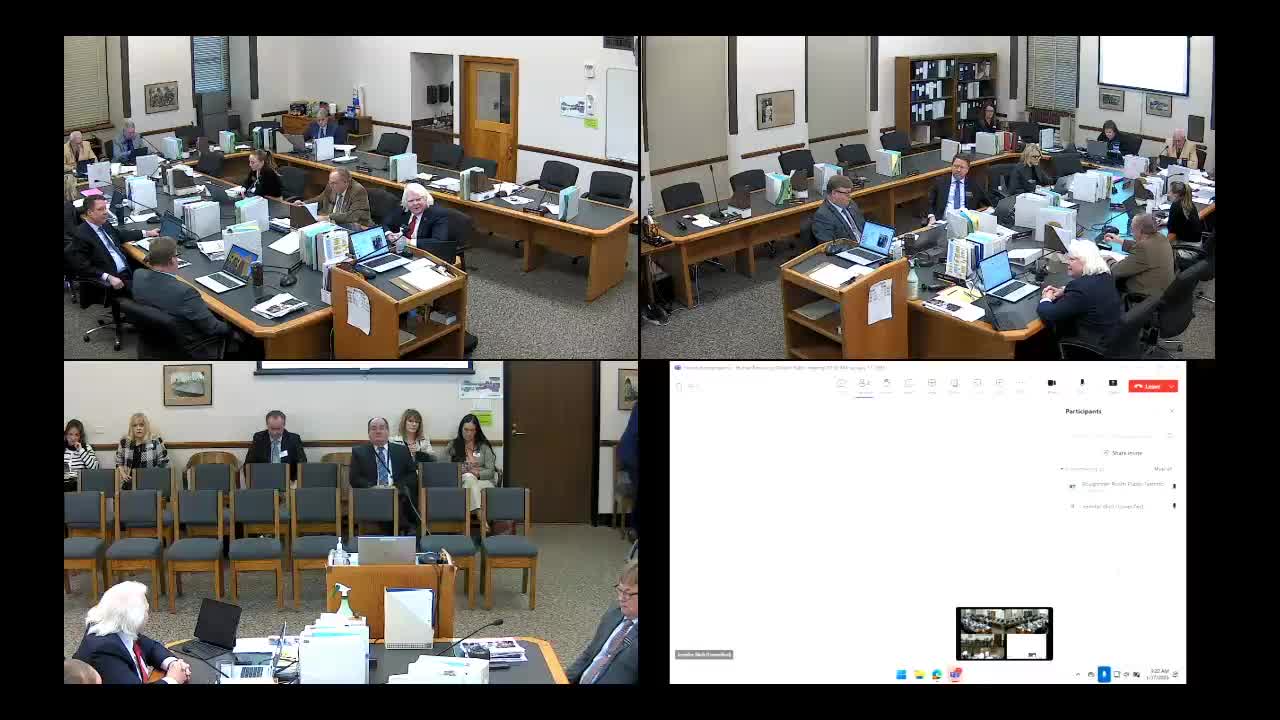Article not found
This article is no longer available. But don't worry—we've gathered other articles that discuss the same topic.

Disability Determination Services reports backlog pressures, maintains high accuracy despite rising receipts

State DD Council asks appropriations panel to fund new staff, will reallocate some federal grants

State refugee coordinator outlines surge in arrivals, requests federal-authority-based grants to scale services

